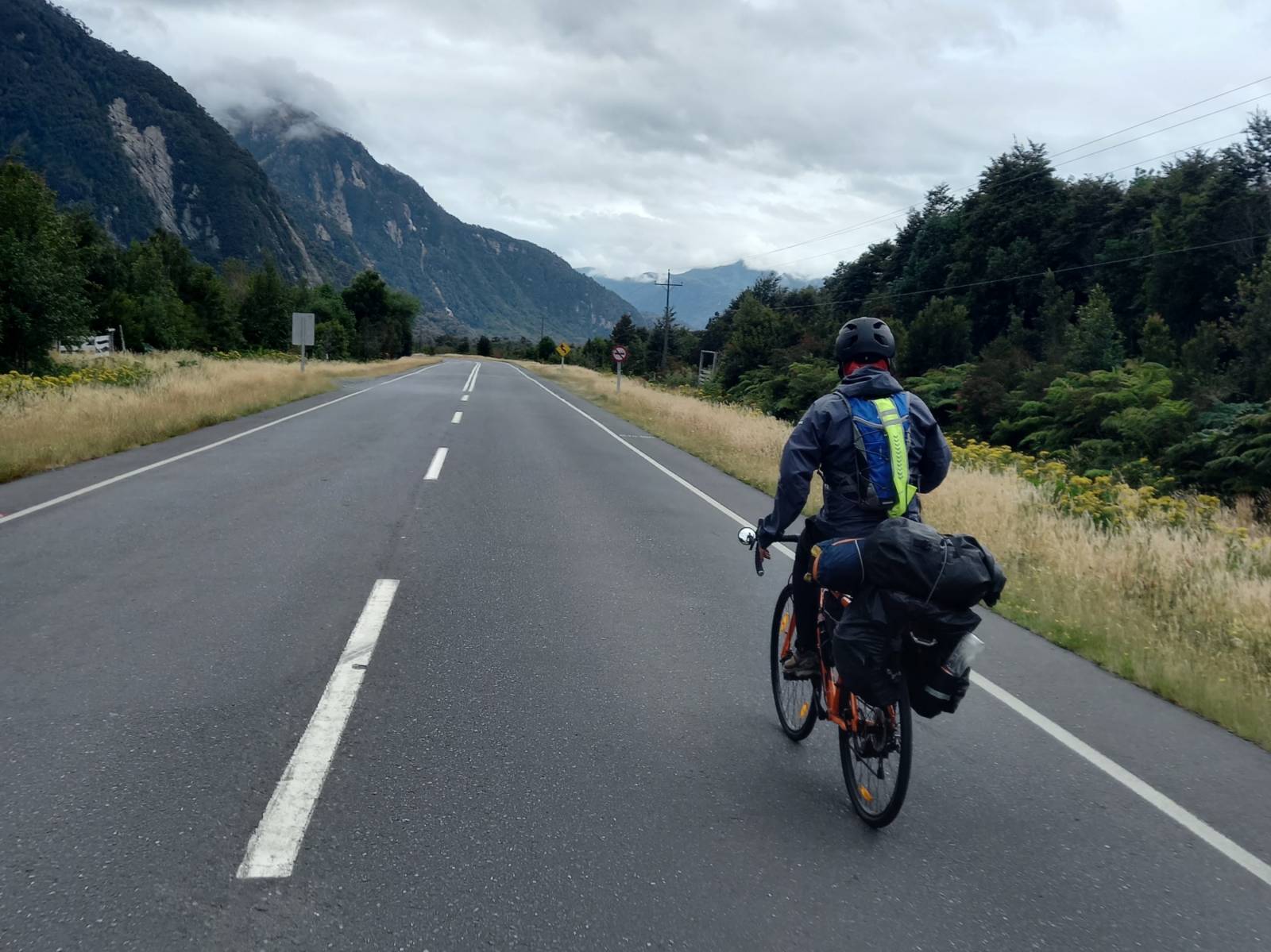Tips for traveling sustainably
One of the greatest things about living in the twenty-first century is being able to travel, and to do so relatively affordably. Tourism is a growing industry. Each year, more and more people choose to spend their holidays visiting a different region, country and even continent. Nowadays, there are even people who travel permanently while working remotely, the so-called “digital nomads”. All of this is great, and we all want to sustain this activity and not keep future generations from enjoying it. To ensure that tourism can continue to exist in the future, here are three tips you can implement to travel more sustainably.

Pack Reusables
No matter the place you are visiting, you will need to eat and drink. This means that you will most likely be buying your consumables at the destination. Instead of getting single-use food containers, bottles, cups and cutlery, bring your own! In many regions, tap water is perfectly drinkable. In these places, a reusable bottle can replace over 50 single use bottles over a couple of weeks, nevermind the money it saves you. In a similar way, a simple food container and cutlery set allows you to take home your restaurant leftovers, as well as packing your own homemade (”hostalmade”) food for your day-long city tour.

Eat Locally
Everywhere humans have settled, we have found ways to get food from the environment. You wouldn’t think of ordering reindeer while on your honeymoon in Bali, as you wouldn’t order fish and tropical fruits while riding the trans-siberian. Eating what locals eat is not only the most sustainable way to go about it, but also cheaper. Food is central to any culture, and critical for cultural inmersion.
Travel Slowly
We’ve all know someone who’s done a two week eurotrip, staying in each place for one night and then moving on to the next city in the next country. Although this can be thrilling, it is also the best way to make sure your carbon emissions are as large as possible. This is specially true if you are flying everywhere. Flights, especially short ones, have a huge toll on the environment. However, there is an alternative to this rampage travelling: slow travel. The idea is quite simple: instead of visiting 7 countries in two weeks (one country every two days), pick a handful on locations and stay there for longer. You’ll get to know the culture in a deeper way, and you’ll also save a ton of money.
To sum up
Travelling slowly, packing reusables and eating locally are, in my experience, quite easy-to-implement tips. They are also in your wallet’s best interest. Most importantly, though, they are effective ways of reducing your environmental impact when you travel. This way, you make sure you can continue to travel, and that you allow future generations to do so as well.





